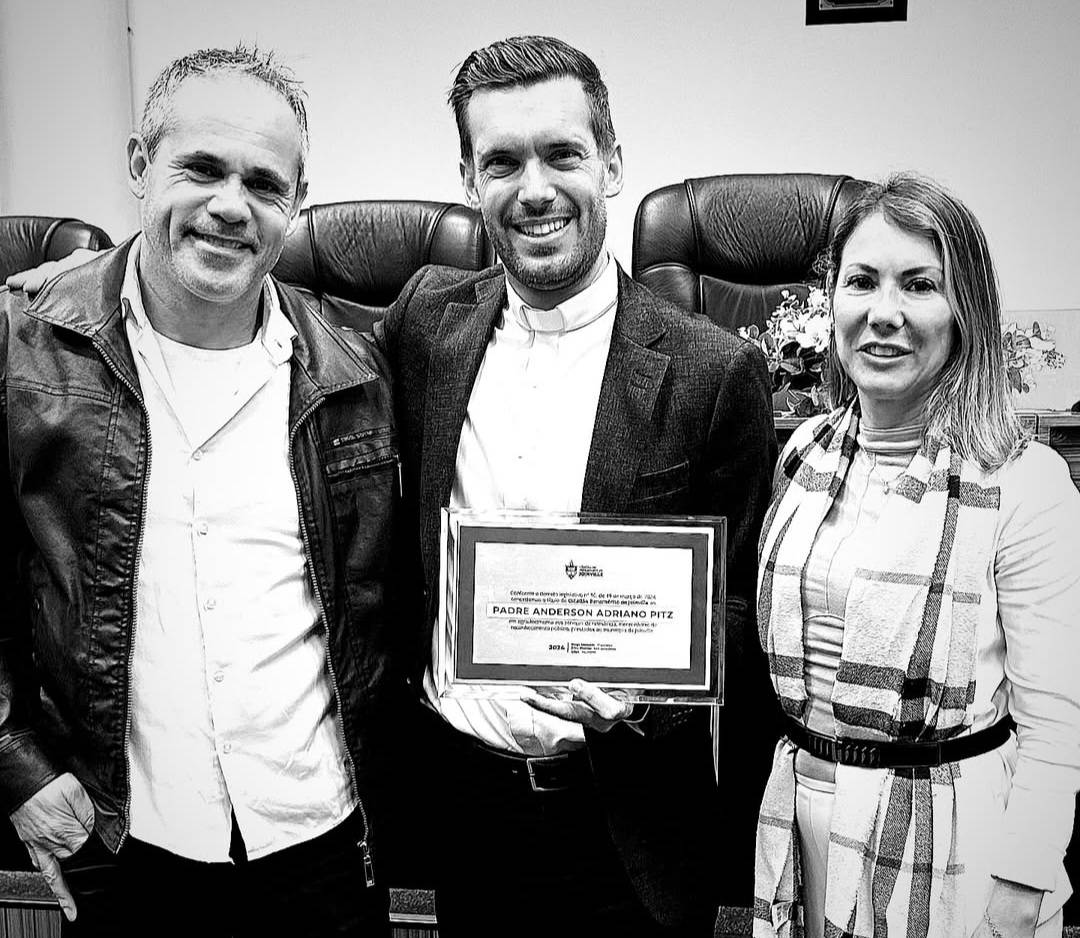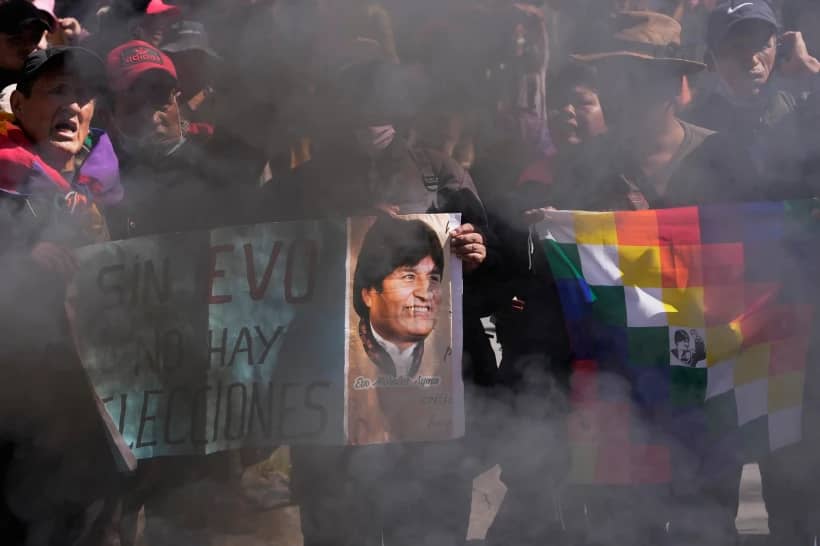[This is the second in a two-part series based on Crux’s interview with Bishop Kay Schmalhausen of Ayaviri, Peru. Part one can be found here.]
ANAHEIM – A Latin American bishop with personal experience of the clerical sexual abuse crisis has doubts about a proposal reportedly gaining ground among U.S. bishops to impose accountability for the cover-up of abuse by enhancing the authority of metropolitan archbishops, saying that it amounts to prelates policing other prelates.
Instead, he proposed the creation of independent bodies to provide accountability, featuring lay leadership and especially a greater role for women.
“I am afraid that here the question arises in the background about whether bishops are good judges in our own causes,” said Bishop Kay Schmalhausen of Ayaviri, Peru, adding that he finds the metropolitan proposal “difficult.”
Schmalhausen, who has overseen the diocese of Ayaviri since 2006, is a former member of the Sodalitium Christianae Vitae (SCV), whose founder was sanctioned in 2017 after charges went public that he had committed various abuses of power, conscience and sexuality.
Last November, the U.S. bishops appeared set to adopt a plan to create such an independent body, but they were asked by the Vatican to stay their hand until after Pope Francis’s anti-abuse summit held in Rome Feb. 21-24. Given concerns about the status of such an independent entity under church law, the bishops, led by Cardinal Blase Cupich of Chicago, now seem to be contemplating some version of the metropolitan approach.
In comments to Crux, Schmalhausen wondered aloud about the wisdom of expecting bishops to hold other bishops accountable.
“When one looks at the panorama of cover-ups in so many dioceses and even within some Vatican institutions, it is impossible to deny that those who have acted in this way have mostly been clerics under the protection of clerics,” he said, asking, “By what magic can we think that things will suddenly be different now?”
Trying to maintain control is “an old mechanism” often motivated by the fear, he said, adding that “there are things which simply cannot be controlled; sooner or later they will explode like a grenade in the hand, and this is what we are seeing daily in the bosom of our Mother Church.”
Schmalhausen stressed that in seeking solutions, bishops need to admit that they have “blind spots” and aren’t capable of solving everything, so they must recognize when external help is needed.
He suggested that bishops’ conferences/ecclesial provinces “progressively” implement external oversight bodies charged with both receiving and investigating complaints, and he stressed the importance of finding professionally qualified people to operate these bodies, the majority of which should be laypeople specialized in the field, but also a number of clergy and religious.
These bodies, in addition to investigating complaints, would provide training and offer consistent input to the local bishop so he knows how to intervene “unambiguously, clearly and decisively,” Schmalhausen said.
He stressed the importance of including women in the process, saying they have “a sensibility more subtle and proactive than the male to face, discuss and seek solutions to certain types of problems.”
Schmalhausen said that much of the external research on clerical abuse, particularly by experts in the United States, has achieved “greater clarity” than anything carried out by the Catholic Church itself.
“It is not difficult to deduce that in this matter, we are at least 30 years behind,” he said, adding that in his view, at least part of the reason is a lack of understanding about the severity of being abused by a cleric rather than an ordinary layperson, since, in Catholic belief, priests represent God.
“The name of God and spiritual authority are used in order to subdue the consciences of victims,” Schmalhausen said, calling it “tragic” to hear members of the Church site statistics of abuse in families and other institutions “as if it were a sort of exculpatory justification.”
While the numbers are important, Schmalhausen said such statistics are “irrelevant” when it comes to cleaning one’s own house and citing them is “especially denigrating to the victims of priests, to the point that it should not even be mentioned.”
Speaking of the suffering of victims, he said that he has met with many and can personally attest to the fact that they endure “true inner hell: fear, loneliness, post-traumatic stress, anxiety, suicidal thoughts and personal disintegration are just some of the components.”
“We are speaking here of shattered lives,” he said, noting that many victims have lost complete faith and trust in the Church and in God. “Sometimes, in the face of the ineffectiveness of our Church, they reach the point of professing an anticlericalism and atheism full of pain and resentment,” he said.
As someone who has been part of an organization with a leader who abused, and as someone who is now overseeing his own diocese, Schmalhausen said the manipulation of those who aspire to the priesthood or consecrated life, whether they are minors or adults, is especially perverse, as they “destroy the tabernacle of the conscience.”
“On the part of the religious abuser, there is a perversion and substitution here that is truly diabolical,” he said, noting that the scandals of the SCV have had a “very painful” impact on the Catholic Church in Peru.
On the other hand, he said the fact that the scandals went public forced the SCV into a “lengthy” process of reform and renewal which has at times been met with “enormous internal resistance,” but which has forced members to face “their harmful internal culture, the pain, the anger and the impotence of the victims and a governing leadership that clung to power, including criminal practices.”
This chapter in Peruvian history has also forced the local church to face a problem which until recently has been seen as a taboo, and which extends beyond just abuses of power and sexuality, but also involves the internal culture of orders and institutions.
“Everyone: bishops, priests and religious, should feel urged to review with honesty and transparency the internal culture of our dioceses and religious communities, then implementing very serious measures of protection of minors and vulnerable adults,” with special attention to the exercise of authority and transparency in financial affairs and management.
“The culture of secrecy has done us a lot of damage,” he said. “Only by proceeding with transparency can we be reliable inside and outside our home. And in this there is a lot of work to be done.”
In terms of how to handle cases when they arise, Schmalhausen said he believes most bishops don’t know how to handle them, lacking both “science and experience” on the issue.
“Perhaps the sad thing is that we often shy away from knowing the faces of the victims, listening to their stories and assuming the consequent responsibility of acting with courage,” he said.

















